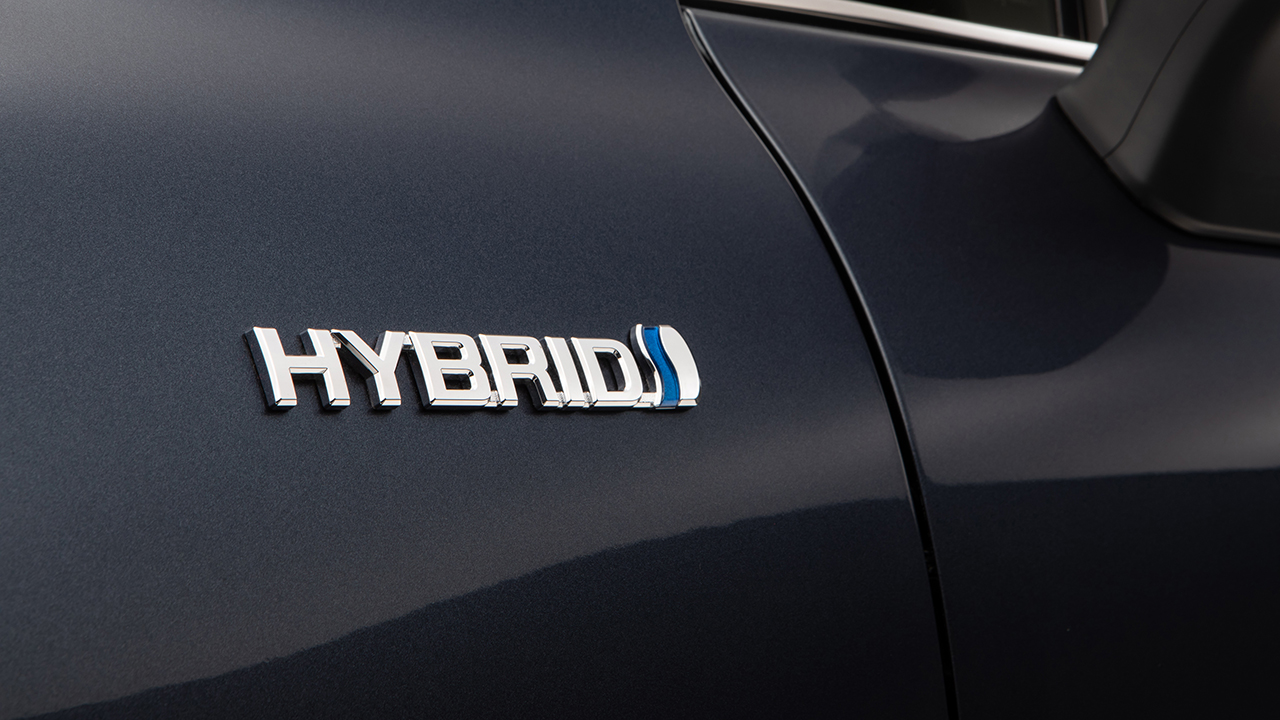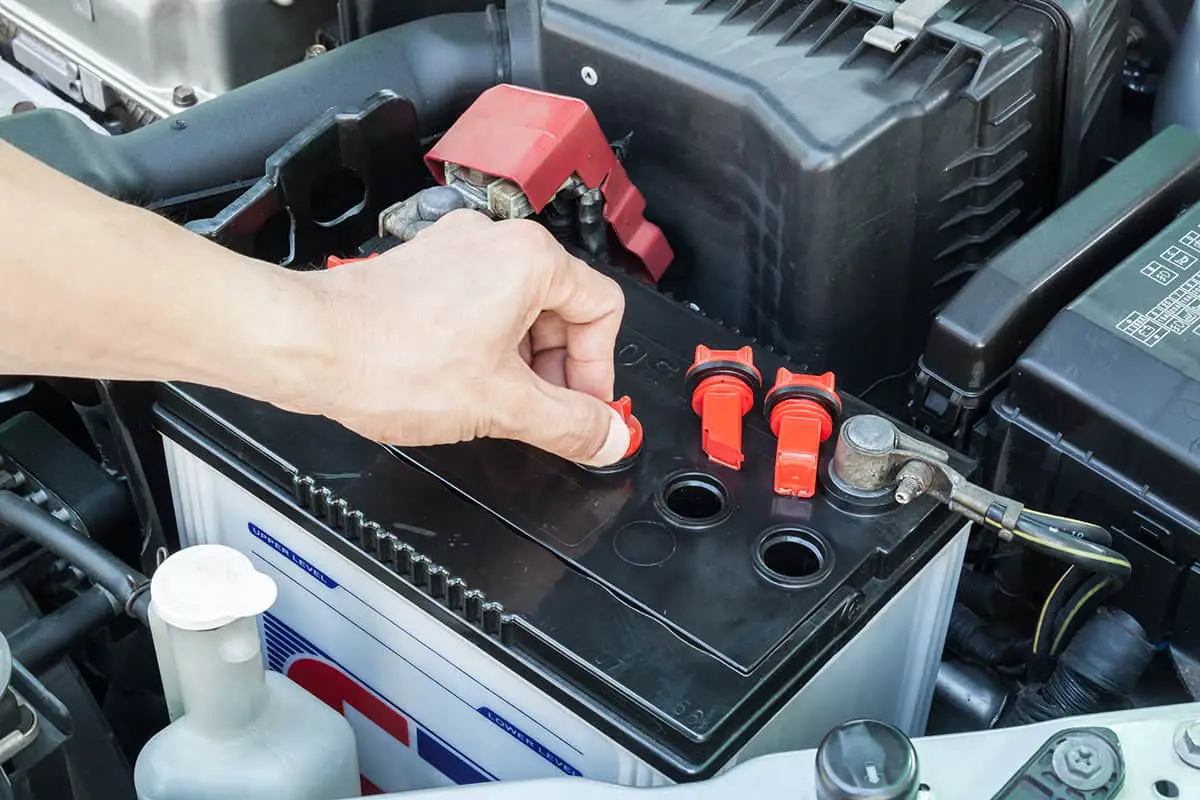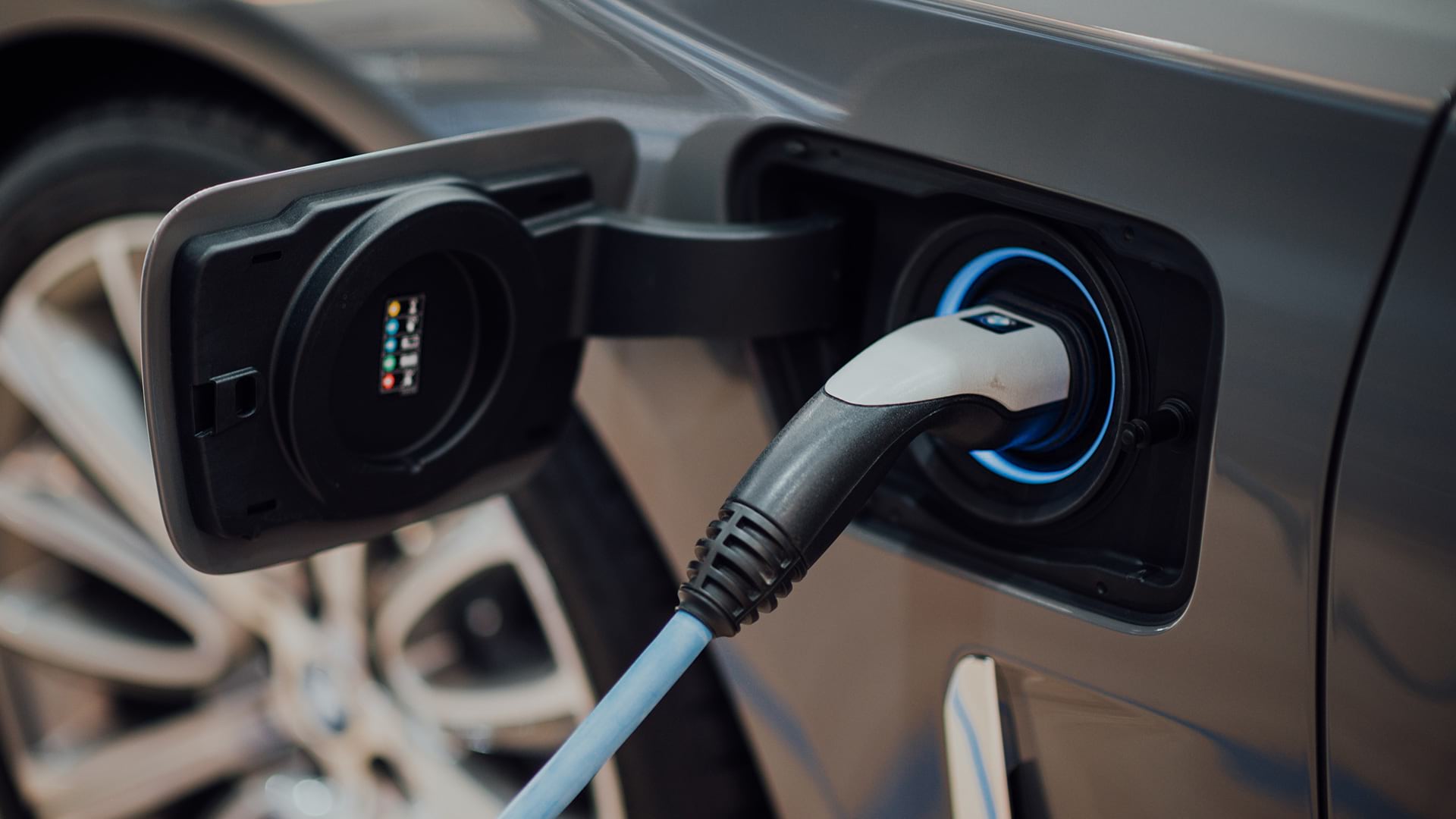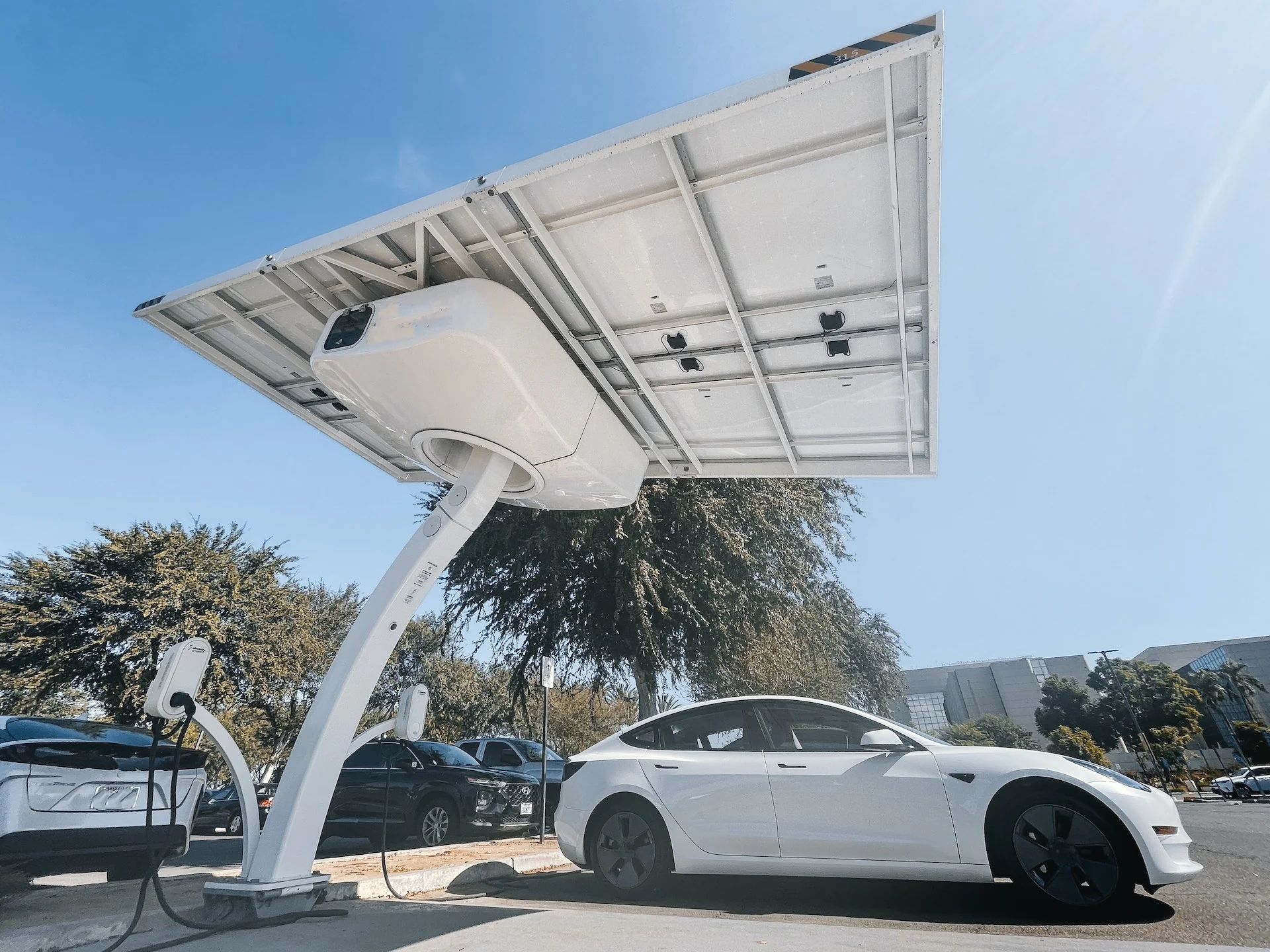As the world becomes more environmentally conscious, hybrid vehicles have gained popularity for their fuel efficiency and reduced emissions. A hybrid car combines a gasoline engine with an electric motor, offering the benefits of both power sources.
When considering the purchase of a hybrid vehicle, there are several factors to take into account to ensure you make the best choice for your needs and lifestyle.
From understanding the different types of hybrids to evaluating cost savings and maintenance, being informed will help you make a confident decision. Here are seven essential things to consider when buying a hybrid.
1. Types of Hybrids
When buying a hybrid, it’s important to understand the different types available. The three main types of hybrids are mild hybrids, full hybrids, and plug-in hybrids. Each type has its own set of characteristics and benefits.
Mild Hybrids: These vehicles use an electric motor to assist the gasoline engine, improving fuel efficiency but not allowing the car to run on electric power alone. They are typically more affordable and have a simpler design compared to other hybrids.

Full Hybrids: Also known as conventional hybrids, these vehicles can run on electric power alone, gasoline power, or a combination of both. Full hybrids are more fuel-efficient than mild hybrids and can provide better performance in city driving conditions.
Plug-In Hybrids (PHEVs): These vehicles have a larger battery that can be charged by plugging into an electrical outlet. PHEVs can run on electric power for longer distances compared to full hybrids, making them ideal for those who have a short daily commute and access to charging stations. They offer the flexibility of switching to gasoline power when the electric range is depleted.
Understanding the differences between these types of hybrids will help you choose the one that best fits your driving habits and lifestyle.
2. Fuel Efficiency and Cost Savings
One of the main reasons people choose hybrids is for their fuel efficiency and potential cost savings. Hybrid vehicles typically consume less fuel compared to traditional gasoline-powered cars, resulting in lower fuel costs over time. When considering a hybrid, it’s essential to compare the fuel efficiency ratings of different models.
Look for the miles per gallon (MPG) ratings for both city and highway driving, as hybrids often perform better in city conditions due to their regenerative braking system. Regenerative braking captures energy during braking and converts it into electric power, which is then used to recharge the battery. This process improves fuel efficiency, especially in stop-and-go traffic.

In addition to fuel savings, some states and local governments offer incentives and rebates for purchasing hybrid vehicles. These incentives can include tax credits, reduced registration fees, and access to carpool lanes.
Research the available incentives in your area to maximize your savings. While hybrids may have a higher upfront cost compared to conventional cars, the long-term fuel savings and potential incentives can make them a cost-effective choice in the long run.
3. Battery Life and Warranty
The battery is a crucial component of a hybrid vehicle, and understanding its lifespan and warranty coverage is essential when making a purchase. Hybrid batteries are designed to last a long time, often between 8 to 10 years or 100,000 to 150,000 miles. However, the actual lifespan can vary based on driving habits and environmental conditions.
When buying a hybrid, check the manufacturer’s battery warranty. Most automakers offer warranties that cover the battery for at least 8 years or 100,000 miles. Some manufacturers may provide even longer coverage, which can offer additional peace of mind.

It’s also important to consider the cost of battery replacement. While hybrid batteries are designed to last, they can be expensive to replace if they fail outside of the warranty period. Research the replacement costs for the specific hybrid model you’re considering to ensure it fits within your budget.
In addition to the warranty, inquire about the availability of battery maintenance and service. Some automakers offer battery maintenance programs that can help extend the life of the battery and ensure it performs optimally.
4. Maintenance and Repair Costs
While hybrid vehicles are generally known for their reliability, it’s important to consider the maintenance and repair costs associated with owning one. Hybrid cars have both a gasoline engine and an electric motor, which can result in more complex systems compared to conventional vehicles.
Routine maintenance for hybrids is similar to that of traditional cars, including oil changes, tire rotations, and brake inspections. However, the hybrid specific components, such as the battery, electric motor, and regenerative braking system, may require specialized service and expertise.
Research the availability of qualified mechanics in your area who are experienced in servicing hybrid vehicles. Some repairs may need to be performed by a dealership or a specialized technician, which can impact the maintenance costs.
It’s also worth noting that hybrids often have lower brake wear due to regenerative braking, which can reduce the frequency of brake pad replacements. Additionally, hybrid engines may experience less wear and tear because they often operate at lower RPMs and rely on the electric motor for assistance.
Understanding the maintenance and repair costs for the hybrid model you’re considering will help you make an informed decision and budget accordingly.
5. Charging Infrastructure (For Plug-In Hybrids)
If you’re considering a plug-in hybrid (PHEV), the availability of charging infrastructure is an important factor to consider. Plug-in hybrids require regular charging to maximize their electric driving range and fuel efficiency.
Start by evaluating your home charging options. Installing a Level 1 charger, which uses a standard household outlet, is the most basic option but can take longer to fully charge the battery. Level 2 chargers, which require a 240-volt outlet, can significantly reduce charging time and provide a more convenient solution for daily charging.

Next, research the availability of public charging stations in your area and along your typical driving routes. Access to public chargers can be crucial for extending your electric driving range and reducing reliance on gasoline. Many public chargers are available at shopping centers, workplaces, and highway rest stops.
Some plug-in hybrid owners may also benefit from workplace charging programs, which allow employees to charge their vehicles while at work. Inquire with your employer about the availability of such programs and consider how they can fit into your daily routine.
By considering the charging infrastructure, you can ensure that a plug-in hybrid fits seamlessly into your lifestyle and maximizes the benefits of electric driving.
6. Driving Range and Performance
When buying a hybrid, it’s important to consider the driving range and performance of the vehicle. Different hybrid models offer varying levels of electric-only driving range, which can impact your driving experience and fuel efficiency.
Full hybrids typically have a shorter electric-only range, as they rely on both the gasoline engine and electric motor for power. In contrast, plug-in hybrids (PHEVs) offer a longer electric-only range, allowing you to drive on electric power alone for a significant portion of your daily commute.
Consider your driving habits and typical commute when evaluating the electric range of a hybrid. If you have a short daily commute or frequently drive in urban areas, a PHEV with a longer electric range may be more beneficial. For longer highway drives, a full hybrid with efficient fuel consumption may be a better fit.
In addition to driving range, consider the performance of the hybrid. Test drive the vehicle to assess its acceleration, handling, and braking. Some hybrids are designed with a focus on fuel efficiency, while others offer a more dynamic and sporty driving experience. Choose a hybrid that aligns with your driving preferences and provides a comfortable and enjoyable ride.
7. Resale Value
The resale value of a hybrid vehicle is an important factor to consider when making a purchase. Hybrid cars have historically retained their value well due to their fuel efficiency, reliability, and growing demand for eco-friendly vehicles.
Research the resale value of the specific hybrid model you’re considering by looking at industry reports and resale value rankings. Brands like Toyota and Honda have established reputations for producing hybrids with strong resale values, thanks to their reliability and popularity.
Consider the depreciation rate of the hybrid model as well. Some vehicles may depreciate faster than others, impacting their long-term value. Choosing a hybrid with a lower depreciation rate can provide better value over time and make it a more financially sound investment.

In addition to the vehicle’s make and model, factors such as mileage, condition, and maintenance history will also influence the resale value. Keeping detailed records of your hybrid’s maintenance and ensuring it remains in good condition can help preserve its value when it comes time to sell or trade it in.
By considering the resale value, you can make a more informed decision and ensure that your investment in a hybrid vehicle provides long-term benefits and financial stability.
These seven considerations will help you make an informed and confident decision when buying a hybrid vehicle, ensuring that it meets your needs and offers the benefits of fuel efficiency, cost savings, and environmental friendliness.

